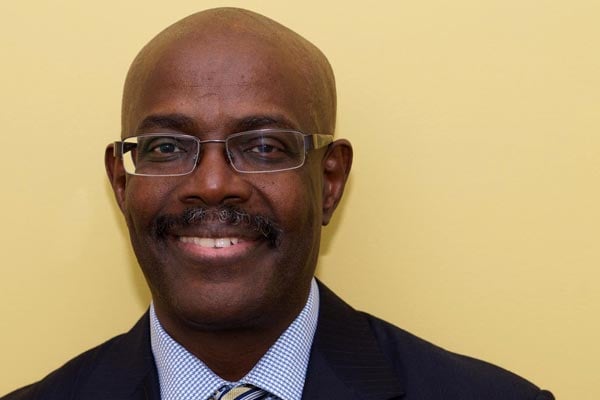Prime
Ssemogerere’s race is run, but the fight to silence the guns continues

Author: Daniel K Kalinaki. PHOTO/FILE.
What you need to know:
DP had merely been used as a fig leaf to cover up the NRA/M’s political nakedness, and swiftly discarded once the Constituent Assembly process clothed the latter with some legitimacy
The decision to go ahead with a three-gun salute at the funeral of Paul Kawanga Ssemogerere, despite strong and clear protestations from the family and his widow, was vulgar and tasteless.
Yet it was an apt reminder of the push-and-pull contestation of power in Uganda between civilians and the military. Ssemogerere was the poster-boy of those who abhorred violence and believed in non-violent resolution of political contests.
It was both honourable and naïve. Looking back, it is hard to see why anyone would have expected the Democratic Party, which Ssemogerere led, to enjoy the political dividend of the 1980 election, which it won. The failed attempts to build a new national consensus in Moshi, together with the short-lived Godfrey Binaisa and Yusuf Lule governments, showed two things.
One, that real power, either in the colonial state, or in the 18 years of independence that followed, was held by those with the force of arms. And two, that whatever direction the political processes took, power would flow to one of the two major armed factions that had participated in the war that ousted Idi Amin: Obote’s Kikosi Maalum and Museveni’s Fronasa.
All that the 1980 elections served was to show that Obote’s army had a viable political party, in UPC, while Museveni’s UPM stood no chance. DP, its electoral win notwithstanding, was merely a spectator in what was war by political means. This is the point people miss when they ask why Museveni, who was beaten fair and square in his own parliamentary race, took up arms to protest against the fraudulent conduct of the election, and the stealing of the outcome. He had merely returned the UPC-UPM political contest back to the arena he was more comfortable with; violence.
Against that backdrop, Ssemogerere’s decision to take DP into Parliament as the official opposition was based on his principles of pacifism, and the pragmatism of political preservation. Joining the NRA war did not guarantee victory, coming out alive, or a top political position. Parliament, on the other hand, was an opportunity to regroup and have another go in five years.
That opportunity never came, as we all know. But four decades on, that tension of whether to choose violence or non-violent means of pursuing political change remains unresolved in the absence of a peaceful transfer of power from one elected leader to another.
Ssemogerere belonged to a dying breed of politicians willing to play second or third fiddle in the belief that the whole was greater than the sum of its parts. Politicians whose humanity made them willing to lose political battles so that the country could win the war for peace. Politicians who were of such strong moral conviction that they were willing to fail while trying to do the right thing, than succeed at the wrong thing.
While Mzee Ssemogerere stuck to his principles until the very end, he leaves behind a country struggling to find its moral compass, a ‘vulturised’ political culture, and a political class unmoored from principle or discipline.
Ssemogerere had two other chances to steer the country towards a more democratic future. The first was in joining the victorious NRA/M into an alliance with the DP in 1986 in the belief that they could bring change from within. By the time he quit in 1995 and ran for his second and last time for president in 1996, this had failed dismally.
DP had merely been used as a fig leaf to cover up the NRA/M’s political nakedness, and swiftly discarded once the Constituent Assembly process clothed the latter with some legitimacy.
The second, legal, course proved more successful when Ssemogerere and Zachary Olum (alongside, in at least one case, Rainer Kafire) launched a series of successful lawsuits against the one-party ‘Movement’ system that the 1995 Constitution had created, and a referendum conducted outside the law. Apart from forcing open the return to political pluralism, these lawsuits helped knead the new Constitution into shape, and created a culture of seeking peaceful judicial resolution and restitution.
In the narrow prism of looking at politics as the pursuit of political power, Ssemogerere fell short. But in the broader vista, he lived a long and impactful life, with values and principles. The forceful and distasteful gun-salute at the burial reminds us that while Mzee Ssemogerere’s own race has run its course, our collective struggle to silence the guns continues.
Mr Kalinaki is a journalist and poor man’s freedom fighter.
[email protected]; @Kalinaki




